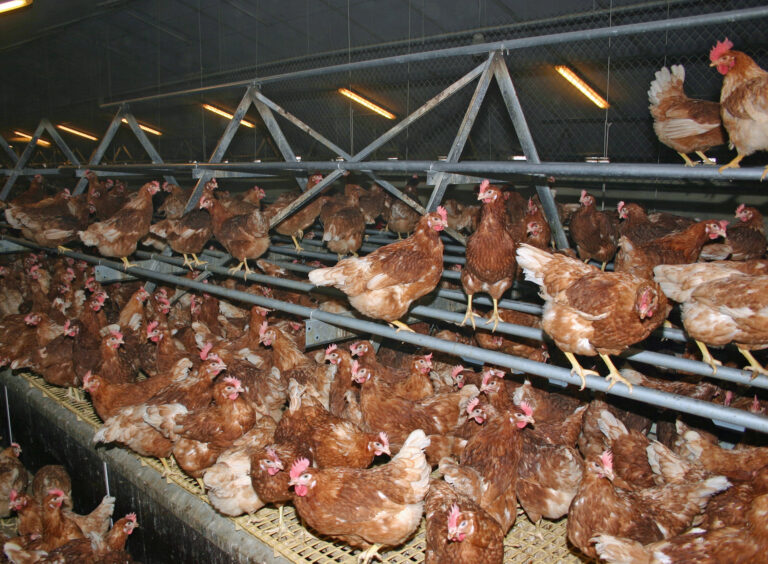The NFU has today published the first of a series of reports setting out its Vision for the Future of Farming. The paper covers the key issues that will impact on British farming and that must be addressed now the Government has triggered Article 50.
The report details the framework being proposed and consists of three ‘cornerstones’: Productivity measures and business resilience; Volatility mitigation measures and management tools; Environmental measures. The vision explains what the NFU believes is needed for a thriving farming sector post Brexit and outlines the approach Government and industry must take to support UK agriculture once the UK has left the EU and no longer governed by the Common Agricultural Policy.
NFU President Meurig Raymond said: “The NFU and its members are very clear; we must use this opportunity to create the conditions for a productive, resilient and sustainable agricultural sector that meets the expectations of the UK public – producing safe and affordable food, looking after our environment and valued countryside, and contributing to productive and robust economic growth.
“The three cornerstones we are proposing all work together to enable farming to be competitive, profitable and progressive and an integral part of a dynamic UK food chain. They would enhance the productivity and competitiveness of farm businesses, recognise and reward the environmental goods that farmers deliver, and mitigate volatility where it impacts commercial viability.
“However, the focus of the policy will be dependent on the deal the Government achieves with Brexit. If the Government secures a free trading arrangement with the EU, ensures UK farmers are not disadvantaged by future trade deals outside the EU, and ensures the industry’s labour needs are met, then we can consider an ambitious new policy – one that is designed specifically for our domestic farming sector, involving a wide range of measures which focus on productive, resilient, sustainable and profitable farm businesses. If we get a bad deal for farming, then measures to manage volatility – such as direct payments – will remain vital to help farm businesses compete in an uncertain world.
“Once we are no longer subject to the CAP, the Government has given assurances that farmers will continue to be supported after 2020. We believe that farming should maintain current levels of public investment through this new policy framework, but recognise that in the future this may be delivered in different ways, directly or indirectly to farmers, for instance through fiscal incentives, environmental schemes or ensuring farmers benefit from cutting edge developments in R&D.
“Today’s report outlining a new Domestic Agricultural Policy complements our objectives for the trade, labour and regulatory issues which together form the essentials of a successful farming sector. Over the coming weeks and months, as the Brexit negotiations get underway, we will set out our core principles and expectations of government for each.
“British farming delivers on every level. In monetary value – for every £1 invested in farm support – farming delivers £7.40 back to the UK economy. Our industry is the bedrock for the country’s largest manufacturing sector – food and drink – a sector worth £108 billion and one that employs nearly four million people.
“We now need to shape a policy that promotes competitive, profitable and progressive farm businesses that can continue to produce adequate supplies of British food that the public enjoys and trusts.”


